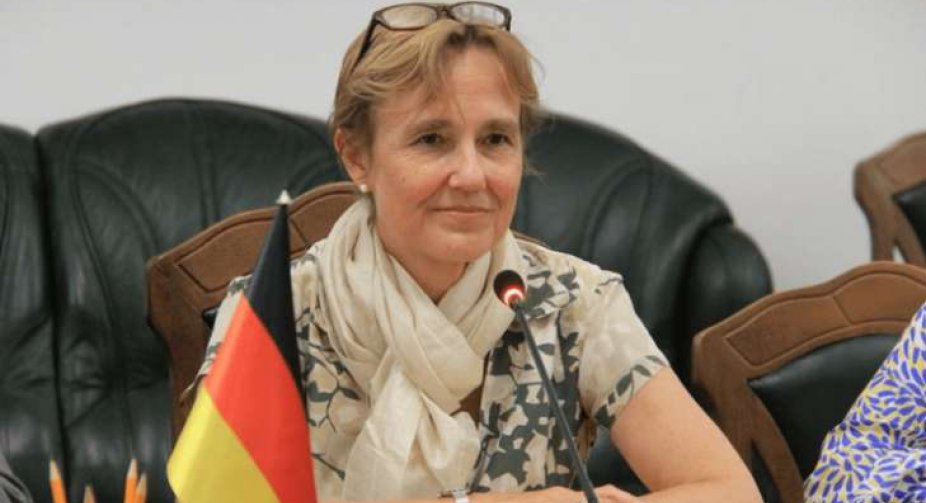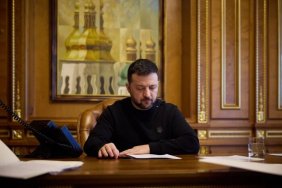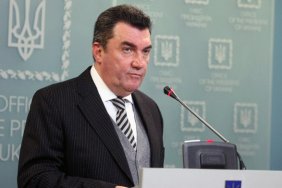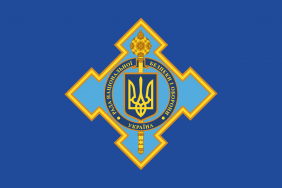Concrete steps to fight the oligarchs in Ukraine will be anti-monopoly legislation and strengthening of law enforcement agencies, said German Ambassador to Ukraine Anka Feldhusen.
"As with the SBU, I think the law on deoligarchization may only be the first step. If Ukraine really wants to fight the oligarchs, a number of laws need to be changed, first of all the anti-monopoly laws. I know that they are already being worked on. We will be looking at more than the law on de-oligarchization, which I think was more of a public step to say "I want to fight the oligarchs. Specific steps would be anti-monopoly legislation, strengthening law enforcement. "It's a question of political will, because Ukraine has the institutions that can do this", Feldhusen said in an exclusive interview with Interfax-Ukraine.
The German ambassador stressed that if it turns out that the National Security and Defense Council of Ukraine does something illegally, someday it will be in court, and it will mean that Ukraine has lost time.
"If the CNSD shows both the oligarchs and the population that there is the political will to really fight the oligarchs, perhaps for the transition period this is not bad either," she said.
At the same time, the diplomat reiterated that the final decision is still up to the courts, not the NSDC.
In addition, Feldhusen said that over the past seven years Ukraine has achieved a lot in the fight against corruption.
"I knew Ukraine, which was very different. I know that a generation will change before Ukraine's fight against corruption is at the same level as, for example, Germany, Poland, other countries. We helped Ukraine to have specialized institutions. By the way, this also distinguishes Ukraine from us, because we have the prosecutor's office and the courts. The reason was that the judges who were there in 2014 simply did not work properly. Now there are anti-corruption institutions, we are very supportive of them, it's a shame we don't have a special prosecutor yet. I hope that this selection process will be completed after all," the German ambassador to Ukraine said.






